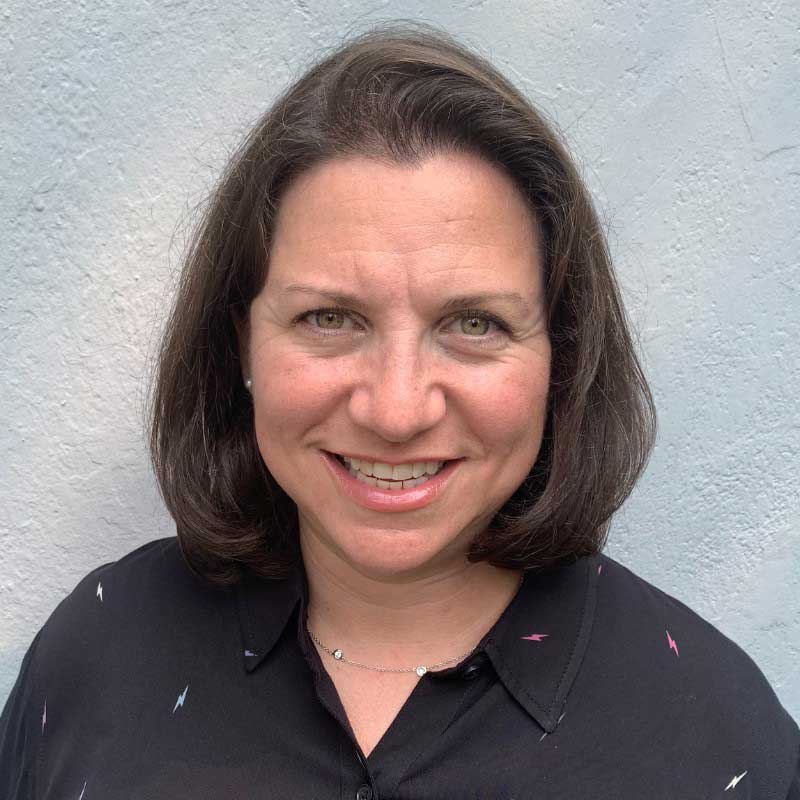What You Can Do Now to Prepare for Round 1: Best Practices from Last Year’s Success Stories
It may be “only January” now, but for most busy MBA applicants, the deadlines sneak-up faster than you think. As such, we compiled a list of best practices from our clients this past year that can help guide you over the next few months.
Schedule Your Class Visits Now
“I visited all of my target schools the year before. I’m so glad I did because my list shuffled quite a bit – my “dream school” changed twice.” – Kellogg Admit
If you plan to apply round 1 (which you should if you’re this early in the process, in most cases), there’s a very small window of opportunity in the fall to squeeze in a class visit before the actual deadlines. So, we recommend that you visit over the next few months. Visiting helps you to assess which schools may be the best fit for you, and it also gives you insight into valuable essay and interview ammunition such as the specifics of clubs, classes and the school’s culture that are challenging to conceptualize from merely reading the website. Those who visit almost always write better essays than those who don’t, from our experience.
Take the GMAT ASAP
“I wish I’d taken the GMAT earlier. Originally I was targeting a whole different set of schools, then when I got my score I had to re-evaluate at the last minute.” – HBS admit
Knowing your GMAT score in advance can help you a) better focus your school research; b) help determine if you need to take extra classes in advance of applying (eg. to offset a weaker score); c) ensure ample time to retake the test if you desire; and d) take that burden off your plate, enabling you to focus on the higher-level, strategic aspects of the application such as defining your story and goals.
Activate Your Network
“I arranged to have coffee with several of my MBA co-workers a full year in advance. It was invaluable because they flagged issues for me that I would never have considered on my own. They also helped me start to think about why an MBA might be the right or wrong decision for me.” – Wharton admit
An MBA is more than an academic degree. It’s a full program with many aspects and attributes that are often hard to understand without having been there yourself. Seek-out those in your network who can talk to you about their MBA experiences. Having these conversations early will help you not only collect information to accelerate your process (eg. information on school cultures, different career paths etc); but it could also lead to stronger advocacy for you by these individuals as they write your recommendations later on. Everyone likes to see someone being proactive!
Flag Your Weaknesses So You Have Time to Do Something About Them
“I took two online accounting courses before I applied since my college grades were less than impressive. They took forever. I never could have completed them alongside the essays.” – Haas Admit
It’s not too hard to find information on what the schools are looking for. In fact, we have two webinars on our website that walk through exactly that. Think through where your areas of weakness are and create an action plan to address those issues over the coming months. Typical areas of weakness include low undergrad grades / GPA, low GMAT score, limited extracurricular involvement, limited leadership experience, etc. Though you can’t change the past, you can always mitigate the potential negative impact of anything that’s less than perfect on your profile.
Start Thinking About Your Goals As Soon As Possible
“Fortunately I wasn’t going to go to business school unless I knew what my specific goals would be coming out. So I forced myself to do a lot of research and determine a few paths that I’d realistically want to go down. This turned out to be a lot of work and I’m glad I did this well in advance.” – Fuqua admit
Being able to articulate why the MBA is the right degree for you and what you plan to do with it is extremely important. There are limited spaces available in each top MBA program, so they want people who they know will leverage the MBA to do great things. For 75% of the people we work with, defining their goals is one of the hardest parts. It takes time, conversations, research and a little soul searching. We encourage you to start this process early. As a tip, we have most of our clients start by looking at the job placement reports for their target schools and looking at the LinkedIn profiles of people whose careers may interest them (co-workers, family friends, etc). Then we get much more methodical, but this preliminary research helps you to get a sense for the lay of the land.
—————————————————
So how does all of this apply to your specific situation? Great question! We’d love to chat with you about your profile and help answer any questions you have about your MBA application journey. That’s why we offer our free 30-minute consultation.
Caryn Levine( Senior Admissions Consultant at Vantage Point MBA Admissions Consulting ) I partner with applicants to elite MBA programs and associated dual-degree programs to put their absolute best foot forward in the admissions process. With my support, applicants communicate their unique stories in a highly intriguing manner to admissions officers. Clients quickly discover my passion for mentoring talent to reach maximum potential.



